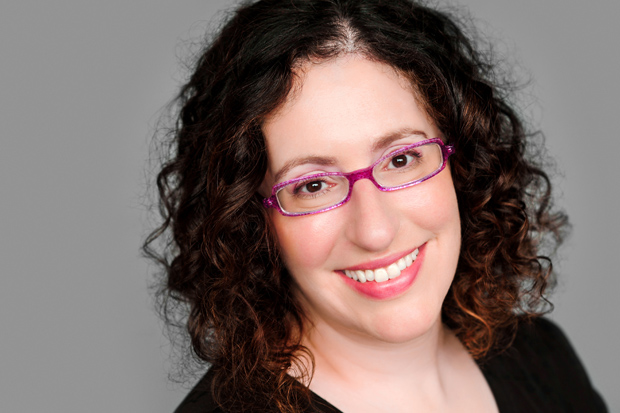The Lauren Fox Interview
By Claire Zulkey

The Lauren Fox Interview
By Claire Zulkey
If you’re of the female persuasion, you’ve probably had an intense, toxic friendship at some point in your life. (And if you’re not a female, I bet you’ve probably heard a female complain about one of these friendships.) Today’s interviewee, writer Lauren Fox, recently published Friends Like Us, a book about the thrill, heartbreak and agony of a close friendship gone confoundingly awry. Reading it will make you want to reach out to someone in your own life who used to be there — and now isn’t.
What are some of your favorite books that address female friendships?
It’s strange, but I think there’s a paucity of books that really honor and examine intense female friendships in a woman’s life. Many books that address female friendship as a deep and primary connection are about girls or young adults; it’s as if we come of age and that gut-level connection is supposed to shift from friend to romantic partner.
That said, I love The Group by Mary McCarthy, Commencement, by Courtney Sullivan and Never Let Me Go by Kazuo Ishiguro (which is, of course, not entirely about females and about a whole lot more than friendship). Margaret Atwood’s Cat’s Eye, which is primarily about cruelty among young girls, also blew me away and absolutely defined the dark side of female friendship for me a long time ago.
Why do you think friendships between women seem so much more fraught with emotion than those between men?
Oh, that’s such a good question. I don’t know — maybe because women are encouraged to talk about and explore their emotions more than men? Maybe male friendships are just as fraught, but men are more quiet about it, less able to verbalize what is painful between two people and, conversely, more willing to tamp it down in the interest of keeping things peaceful? Boy, I really don’t know.
How often do you hear from readers who share their own tales of friendship breakups?
Fairly often. I’ve even read a couple of reviews from readers who said that the book hit too close to home and was painful to read. (One reader told me it reminded her too much of a recent friendship break-up. She wrote, “It was a really good book, but I didn’t enjoy reading it!” I wasn’t sure how to take that.) I think most of us have one or two or three sad stories of lost friendships. I think they teach us how to be better friends.
Willa is the narrator of the book, so we sympathize with her, but she’s far from an angel in the story. Was it difficult to make your protagonist somewhat dislikable?
I think it would have been difficult for me to make a completely likable protagonist. My goal has always been to create flawed but sympathetic characters. I don’t know if I’ve succeeded; but life is complicated, and we all do crummy things — for our own self-interest or because we’re misguided or because we think our actions are not crummy and only later realize they are, or because we’re young and confused. The mistakes are what are interesting to me — the ugliness that complicates and sheds light on the beauty.
You said in an interview that when it came to working on Friends Like Us, “I kept hearing phrases from the reviews of my first book in my head and feeling paralyzed, by both the praise and the criticism. I felt like I couldn’t live up to the praise, and I took the criticisms as confirmation of my worst fears.” What fears were those?
That I suck? Yep, that’s the one.
Did that affect how you took in feedback for Friends Like Us?
I would like to say that being reviewed made me a more mature and reflective writer, that I recognized the subjectivity of the experience and am now free of the judgment and self-recrimination that comes from having my work evaluated by others. But nope. It’s still really hard. Negative reviews are a knife in the gut. I think you have to be overly sensitive in order to be a writer; then of course the major downside of that is that reviews just get under your skin.
Did you consider other titles for FLU?
How to Become a Millionaire Overnight. Eat, Pray, Love. The Bible.
Do you have any completed books hiding in a drawer that likely won’t see the light of day?
Oh, you bet I do. In a way, they are versions of the two books I did publish. They just stalled out, either blessedly early on in the process or soul-crushingly late. I think, with those abandoned novels, you work on them and struggle with them and think that they’re going to shape up, until the moment you realize they won’t. Then your spirits lift and your heart breaks, simultaneously.
How does it feel to be the 319th person interviewed for Zulkey.com and WBEZ.org?
It’s cool. I’m pretty jealous of #254, I feel sorry for #44 and what happened between me and #119 is nobody’s business but ours.
Lauren Fox lives in Milwaukee with her husband and two daughters. You can learn much more about her here, and read an extended version of this interview here.